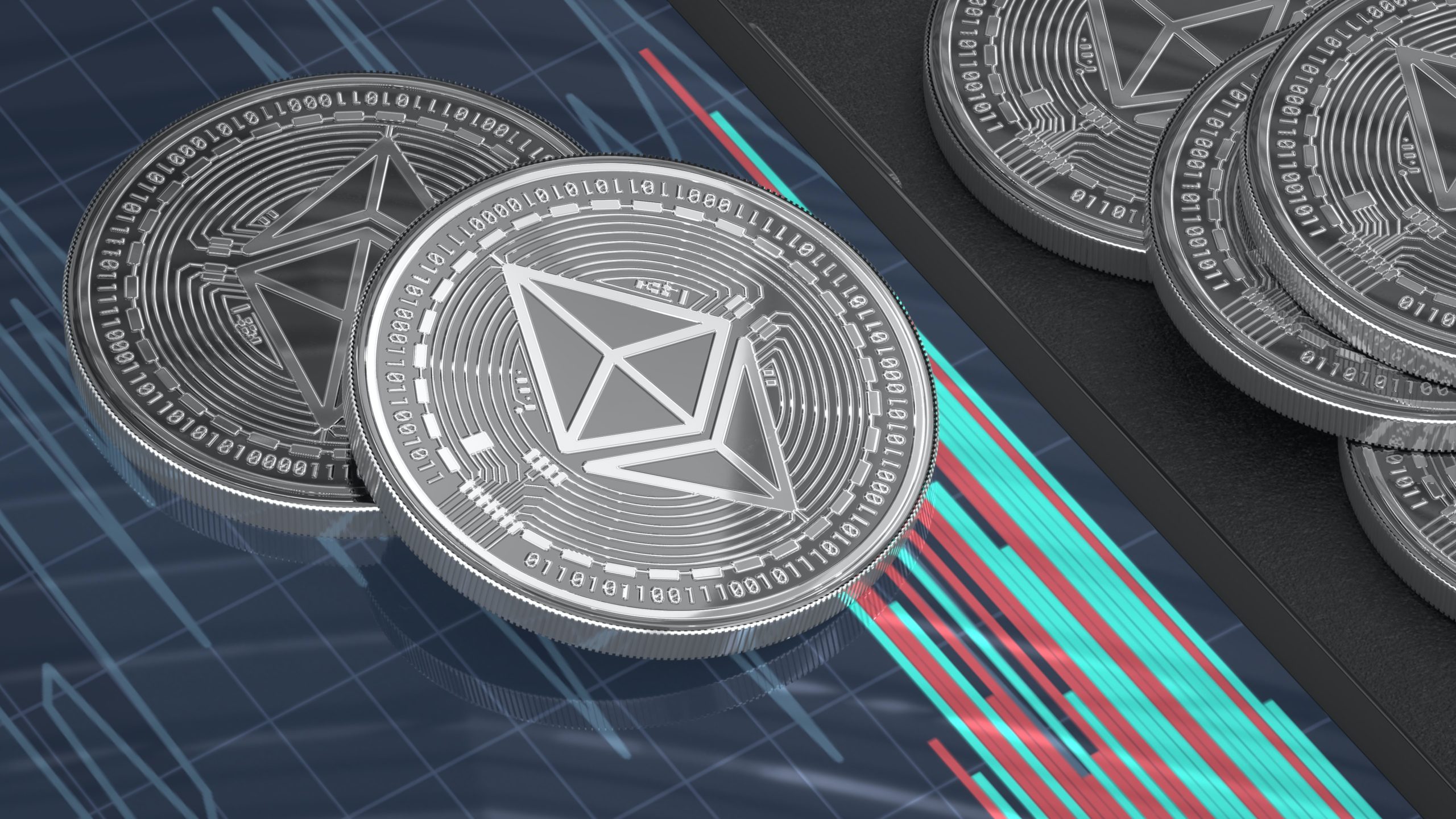NFTs (short for non-fungible tokens) represent a rapidly-growing industry in the online space. As evidence of this trend, sales of NFTs exceeded $2 billion in the first quarter of 2021 alone. In an effort to attract consumers in this increasingly competitive environment, NFT purveyors frequently turn to promotional NFT contests as a marketing tool.
However, there are legal issues that frequently arise when contests are added to the mix. For example, NFT sellers may allow entry into contests to be achieved via the purchase of NFTs. But unless a free alternative means of entry (“AMOE”) is also provided, it is likely that these contests would violate applicable state lottery laws. There are serious regulatory repercussions for violation of any of these laws. Given the risks, it is essential that NFT purveyors that wish to operate NFT contests retain attorneys who have experience in the laws applicable to both NFTs and sweepstakes promotions to assist them.
What Legal Issues Apply to NFT Contests?
By way of background, NFTs are unique, often one-of-a-kind, digital files (usually images or short videos) that use blockchain technology to establish verified proof of ownership. The market for NFTs has been expanding exponentially since 2015 when the first commercial NFT transaction was consummated.
Below are some key legal considerations to be aware of when designing an NFT contest (which is by no means an exhaustive list):
- Where an NFT contest allows consumers to gain entry through the purchase of an NFT (or other consideration), an AMOE must be offered. Further, entrants who utilize the free AMOE method must be given the exact same opportunity, with the exact same odds, to win all available NFT prizes.
- Where an NFT sweepstakes requires that entrants have an existing account with the contest sponsor, the contest sponsor should provide clear direction in the contest rules on how to obtain such an account.
- Where receipt of an NFT prize requires the subject prize winner to have a blockchain-related account (such as an account on Ethereum.com), the NFT promotion sponsor should provide clear direction in the contest rules on how to obtain such an account.
- Clear and concise disclosures should be included in the sweepstakes contest rules, as well as in all applicable marketing material. These disclosures should make clear that no purchase of an NFT is necessary to enter the contest, and that a purchase will not increase the odds of winning.
Lawyers Familiar with NFT Contest Law Can Help You Comply with Applicable Legal Requirements
It is exceedingly difficult to account for all criteria associated with sponsoring an NFT contest that complies with the ever-evolving framework of local, state and federal laws. Further, significant legal and regulatory liability may result if an NFT contest sponsor does not take the necessary steps to ensure that its promotional contest is compliant with those laws and regulations. As such, it is advisable to obtain guidance from attorneys experienced in laws applicable to both NFTs and promotional contests prior to conducting any NFT-related promotion or sweepstakes. Please note, the above offers only a brief overview of some of the legal issues involved in operating a compliant NFT contest.
If you are interested in learning more about this topic or require assistance in connection with your NFT-related sweepstakes campaigns, please e-mail us at info@kleinmoynihan.com, or call us at (212) 246-0900.
The material contained herein is provided for informational purposes only and is not legal advice, nor is it a substitute for obtaining legal advice from an attorney. Each situation is unique, and you should not act or rely on any information contained herein without seeking the advice of an experienced attorney.
Attorney Advertising
Photo by DrawKit Illustrations on Unsplash
Similar blog posts:
Does Your Business Need a Sweepstakes Opinion Letter?




